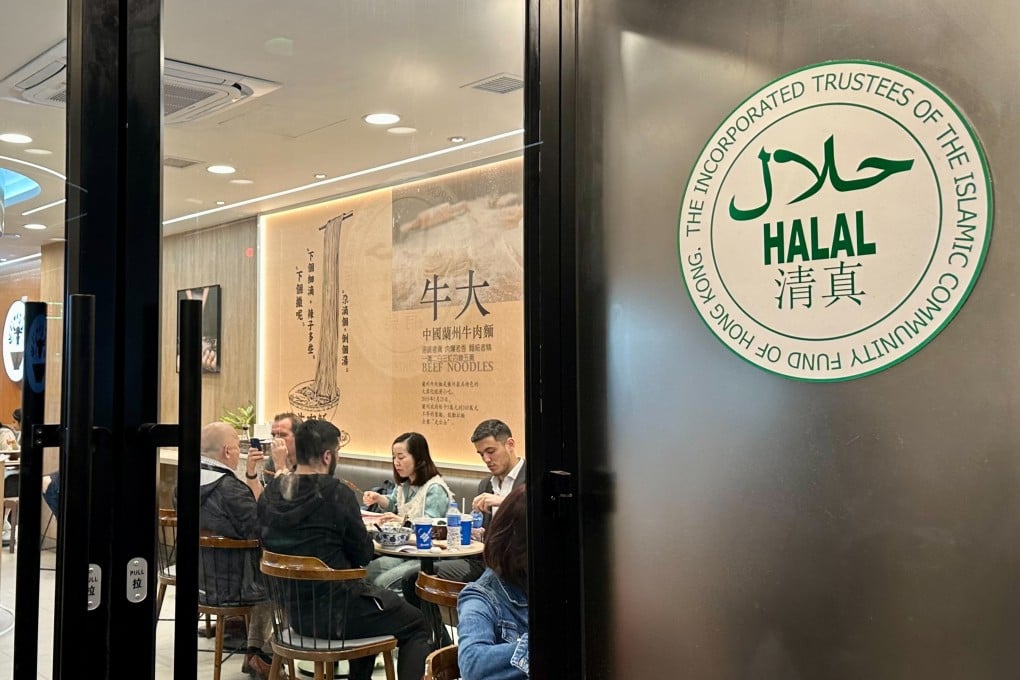Advertisement
Opinion | How to unlock Hong Kong’s halal tourism potential
- There have been efforts to bring Muslim tourists to Hong Kong for years, but a lack of focus has rendered these attempts largely ineffective
- Rather than concentrate on halal eateries, the city should team up with local Muslim groups to build an ecosystem of amenities which pay dividends
Reading Time:3 minutes
Why you can trust SCMP
5

In recent months, several news reports have highlighted the Hong Kong government’s efforts to attract Muslim tourists to the city. While the plans are reportedly still in the early stages, it is important to ensure that the steps taken are methodical, measurable and transparent.
The market for Muslim tourism is worth billions of dollars. Given the unique and non-homogeneous spending preferences of Muslims, many countries have long been competing in this space.
Following the success of non-Muslim-majority markets such as Singapore, Japan and Thailand in boosting halal tourism, Hong Kong must avoid merely playing catch-up. Instead, the city needs a game-changing strategy to carve out a unique niche in this space.
Advertisement
It is naive to suggest that Malaysians favour Thailand over Hong Kong primarily because of halal food availability. Thailand offers a wealth of attractions such as white sand beaches, island-hopping and diverse family-oriented activities, as well as overall affordability in terms of food, transport and accommodation.
These factors contribute to its appeal to tourists beyond just halal food. Therefore, instead of solely focusing on expanding the number of halal eateries, Hong Kong should also prioritise building an ecosystem of amenities which pay dividends. This should include modest but important initiatives such as encouraging hotels in Hong Kong to offer halal toothpaste, providing small prayer rooms at key tourist locations and organising female-friendly tours and activities run by locals.
Additionally, large shopping centres could be encouraged to launch special Ramadan shopping festivals to promote halal tourism. Such diverse amenities will enrich the breadth and depth of Hong Kong’s tourism landscape.
Advertisement
Advertisement
Select Voice
Select Speed
1.00x

